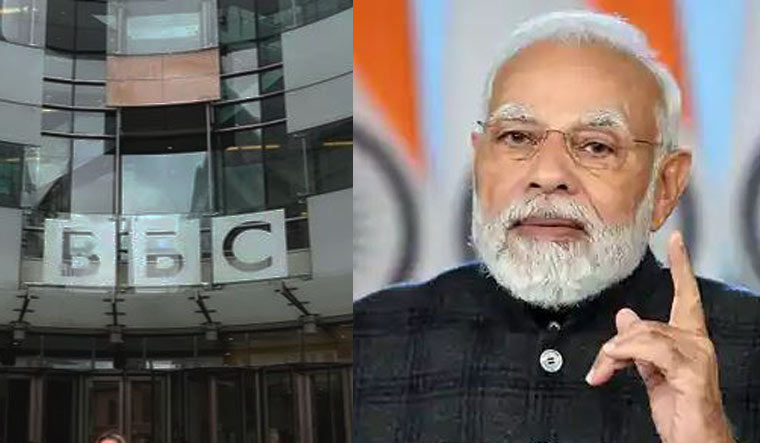The US has responded to the recent controversy over the unofficial ban on BBC documentary on Prime Minister, stating that it always "supports the importance of a free press around the world."
During a regular briefing on Sunday, when queried about the ban on the documentary, said Washington supports a free press around the world and that it is a matter of utmost importance to highlight democratic principles like freedom of expression.
"We support the importance of a free press around the world. We continue to highlight the importance of democratic principles, such as freedom of expression, freedom of religion or belief, as human rights that contribute to the strengthening of our democracies. This is a point we make in our relationships around the world. It’s certainly a point we’ve made in India as well," Ned Price said.
His comments on press freedom comes days after Ned Price hailed India's democracy as vibrant. Responding to a query on the documentary: "I’m not familiar with the documentary you’re referring to. I am very familiar with the shared values that enact the United States and India as two thriving, vibrant democracies. When we have concerns about actions that are taken in India, we’ve voiced those we’ve had an occasion to do that,” he said.
The two-part series by BBC focuses on the 2002 Gujarat riots and Narendra Modi, who was then the chief minister of the state. However, the government rejected the documetary "India: The Modi Question" released last week, calling it a biased "propaganda piece" and has blocked the sharing of any clips from it on social media.
The Opposition parties had rallied against the government’s decision to bar viewership of the documentary.
Screening in Kolkata
The Left student bodies of West Bengal have planned to screen the controversial BBC documentary on the campuses of at least two universities of Kolkata. The Student Federation of India (SFI) will show the documentary at Jadavpur University on Thursday and at Presidency University the day after, the state organisation's assistant secretary Subhajit Sarkar said.
"The documentary will be screened via a projector. We are yet to get permission from the university authorities. We will carry on with the screening even if we do not get it," Sarkar told PTI.



